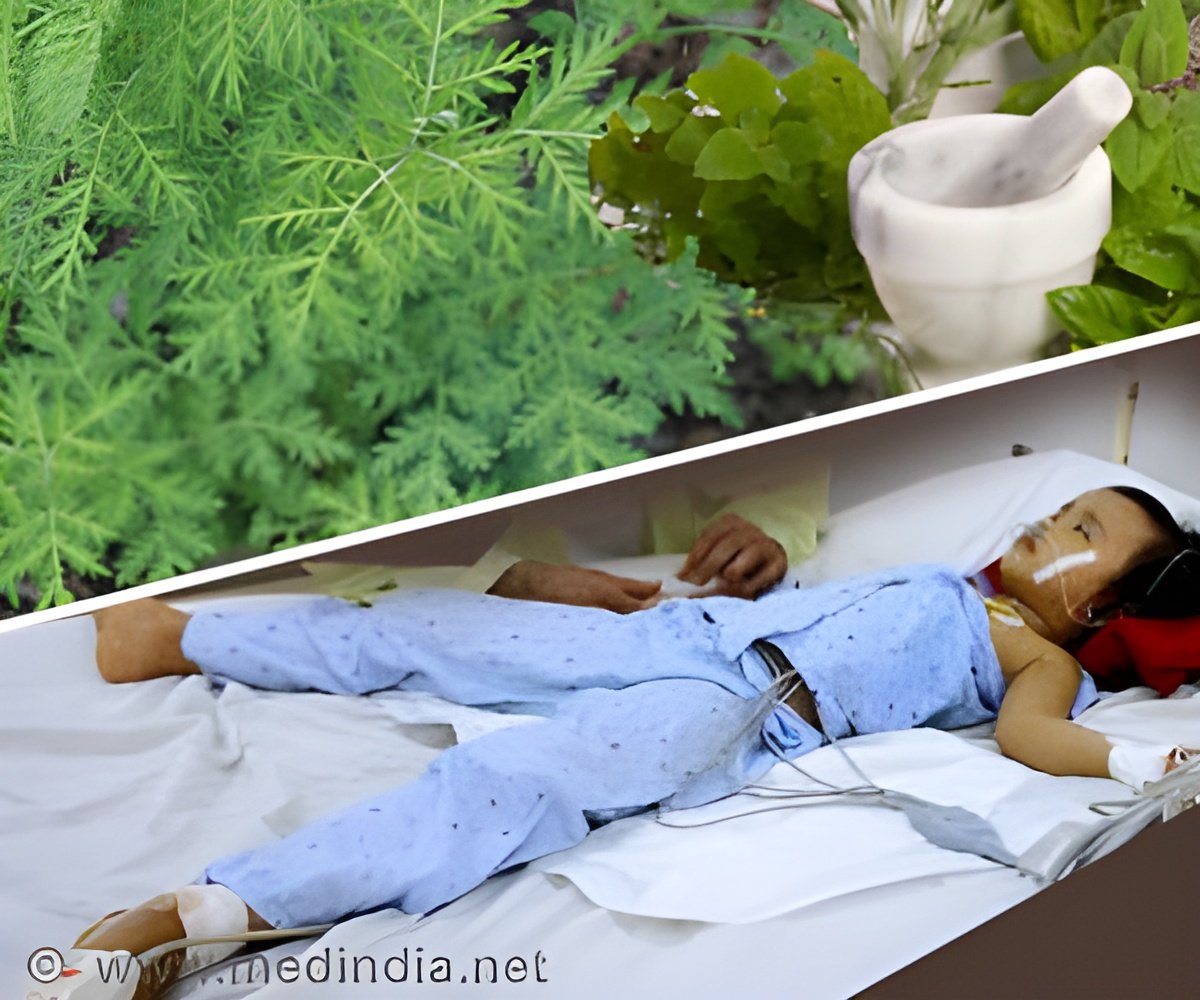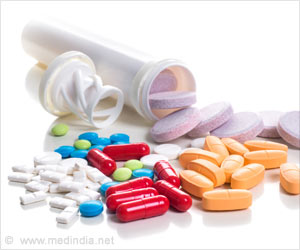Aromatic herb named Artemisia annua found to inhibit the replication of severe acute respiratory coronavirus (SARS-CoV-2).

‘Dried Leaf A. annua could be a potential therapeutic and inexpensive option for treating SARS-CoV-2 infection.’
Read More..




“Further studies will determine in vivo efficacy to assess whether A. annua might provide a cost-effective therapeutic to treat SARS-CoV-2 infections.”Read More..
Artemisinin have been safely used to treat malaria for more than 2,000 years. One study conducted in 2005 also concluded that the herb has an antiviral effect against SARS-CoV-1 – the agent responsible for the 2002 to 2003 SARS outbreak.
Both A. annua plant and artemisinin have been shown to reduce levels of the inflammatory cytokines interleukin-6 (IL-6) and tumor necrosis factor-alpha (TNF-α) in vivo.
“These effector molecules can be problematic during the ‘cytokine storm’ suffered by many SARS-CoV-2 patients,” says Weathers and the team.
Research team hypothesized that encapsulated powdered dried leaves of A. annua might provide a safe and cost-effective option to treat SARS-CoV- 2 infections.
Advertisement
The IC50 or concentration of drug that inhibits 50% of target were calculated based on artemisinin, total flavonoid content or dry leaf mass ranged from 0.1 to 8.7µM, 0.01 to 0.14µg and 23.4-57.4µg, respectively.
Advertisement
Antiviral efficacy was inversely linked to artemisinin and total flavonoid contents, but the hot water extracts were effective, antiviral efficacy was inversely correlated with artemisinin and total flavonoid contents.
results shown that IC50 nor IC90 values of the hot-water extracts correlated with artemisinin or total flavonoid content.
Extracts had mild antiviral effects against pseudoviruses containing the SARS-CoV-2 spike protein. The team says this suggests that A. annua inhibits SARS-CoV 2 infection primarily by targeting a post-entry step.
“The results suggest the active component in the extracts is likely something besides artemisinin or is a combination of components acting synergistically to block post-entry viral infection,” says Weathers and colleagues.
To analyze dried leaf A. annua (DLA) as a potential therapeutic, Weathers consumed 3 grams of encapsulated DLA of the SAM cultivar, and the team tracked artemisinin as a marker molecule by drawing blood samples two and five hours later.
At two and five hours following ingestion, the artemisinin levels were 7.04µg and 0.16 µg per mL serum, respectively. At 2 hours, this corresponded to 2.35µg artemisinin/mL serum of DLA-delivered artemisinin per gram of DLA consumed.
The study suggests that consuming reasonable amounts of DLA may serve as a cost-effective treatment for SARS-CoV-2 infection.
“If subsequent clinical trials are successful, A. annua could potentially serve as a safe therapeutic that could be provided globally at a reasonable cost and offer an alternative to vaccines,” concludes the team.
Source-Medindia






